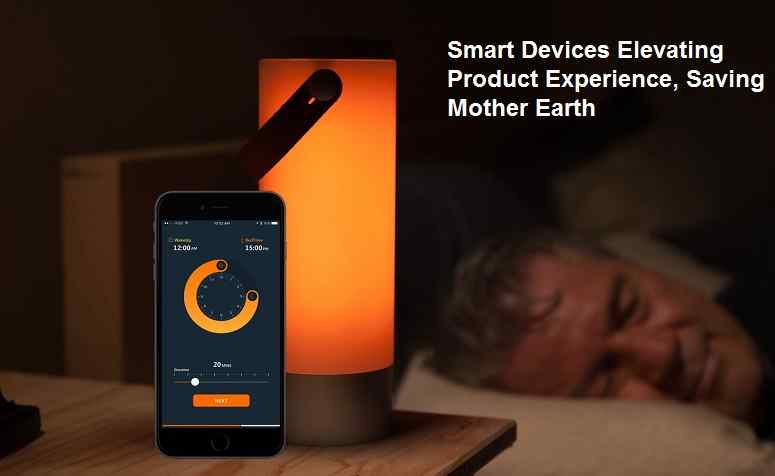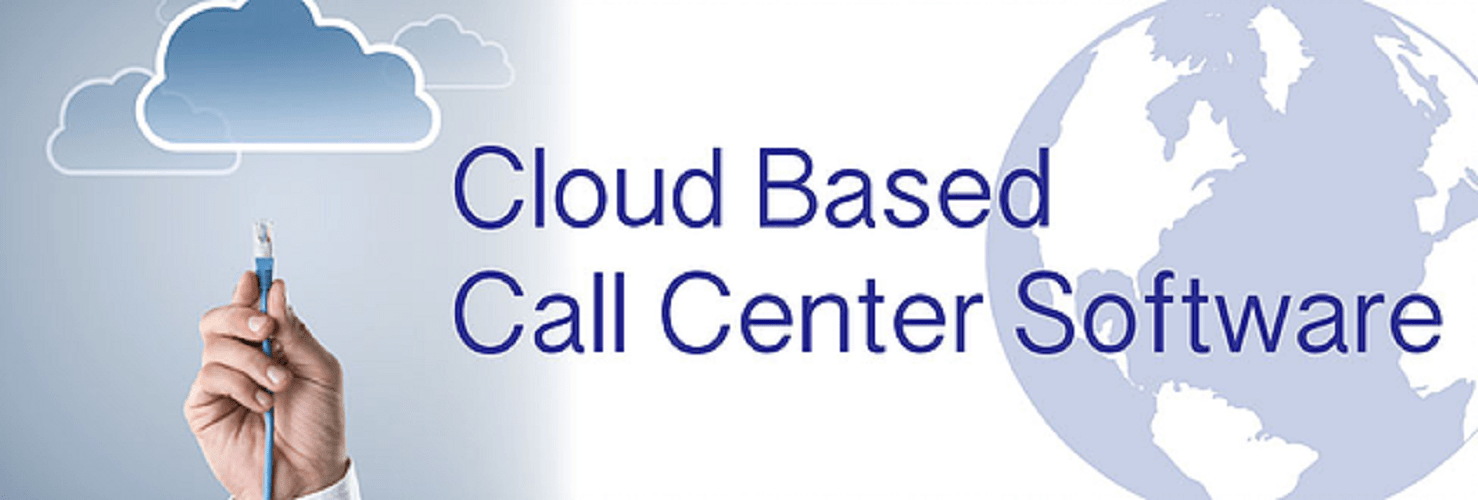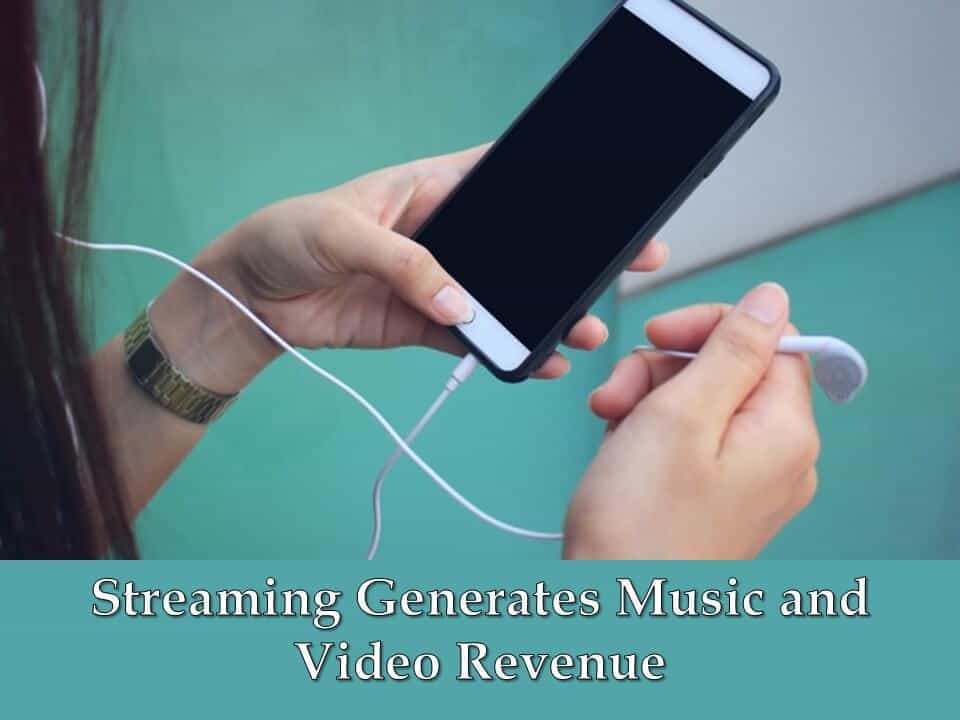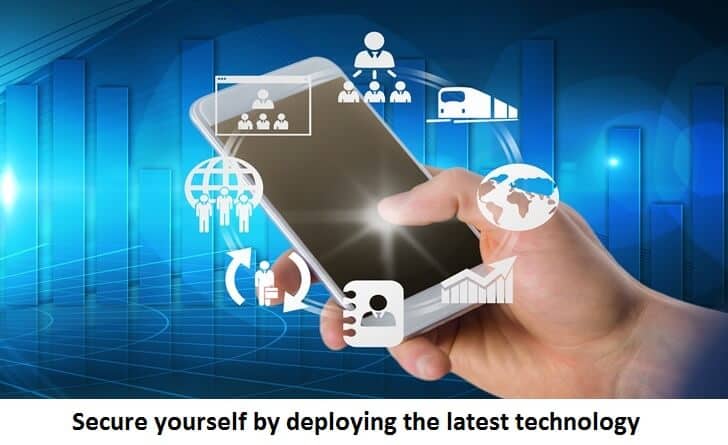Smart Internet of Things (IoT) devices continue to become popular and is clear in the 200% year-on-year increase of global shipments for smart speakers in Q3 of 2018, with Amazon’s Alexa being the most shipped device followed by Google Smart Assistant. According to Global Market Insights, they project global smart speaker sales to surpass $30 billion by 2024.
The promise of efficiency, convenience, security, comfort and connectivity attracts consumers into adopting smart home technology. With it, households engage in this holistic experience where everything is interconnected and customized according to their lifestyle.

The idea of controlling a multitude of functions to secure and make life efficient by connecting online transforms IoT as a necessity. According to Gartner, 64 billion IoT devices will be installed worldwide by 2025, while Statistica projects a 75.44 billion growth in value for IoT devices by 2025.
Table of Contents
Role of IoT devices in Renewable Energy
Smart devices offer more than just the convenience, it also revolutionized the energy industry with its ability to automate and save energy on the grid. In a household level, smart devices let citizens create green energy by connecting solar panels, rainwater harvesters, smart roof, thermostat and windows in a system controlled and monitored via a phone application.
This proves to be beneficial for renewable energy since residential and commercial sectors represents 40% of total U.S. energy consumption according to the US Energy Information Administration.
In an interview with Park Associates, Peter Butler, general manager of Everise Product Experience, emphasized the impact of voice and AI in energy efficiency.
“AI has already made a huge impact on energy efficiency, but the more integrated our smart home products become, the more efficient we can be. If my security system knows that I’ve left home, then my other smart devices should be able to react accordingly,” he continued, “My smart lights can turn off, my thermostat can adjust its temperature, my blinds can open or close themselves based on heating or cooling needs, etc. Amazon, Apple, Google, and Zigbee’s alliance, Connected Home over IP (aka “CHIP”) is expected to help bridge a lot of the gaps in communication between different types of connected devices and provide better compatibility for the smart home.”
When asked about direct consumer participation in energy markets, Butler said that most of the consumers don’t understand its benefits or are not motivated to take advantage of them.
“In my opinion, what we need in order to turn this vast potential into action is better consumer education,” he said.
He added that the strategy to increase consumer engagement is focusing on immediate needs instead of long-term incentives.
Butler said that despite the challenges and incremental shifts, renewable energy is slowly adopting into average communities. More and more people are getting interested in renewable energy, such as solar panels for their homes, making these options easier and more affordable than they’ve ever been to install.
Ways Technology Protects the Environment
Aside from conserving energy resources, technology also paved way to a paperless society. From academic papers submitted and graded online, to bills sent directly to emails, to e-books being read on tablets, technology drove people to avoid creating paper waste.
Streaming services also paved way to the eradication of DVDs and tapes. Now, people enjoy watching Netflix or Hulu, and listens to Spotify or Youtube Music for their daily dose of music.
Within the home, smart refrigerators help households monitor expiration dates and suggest recipes for foods that are about to expire. This results to lesser food wastes.
Product Experience Issues
Technology like smart home devices are not for everyone. Aside from the staggering amount of money needed to set up a connected home system, not all users are technologically adept.
That is why it is important that companies set up proper customer support to help users operate these devices. A fast and reliable product experience solution can help companies to ensure that users can maximize the use of their devices, solve any underlying issues and preserve their customer experiences.
Companies should also ensure that customer service is omnichannel so customers can seamlessly use various platforms to interact with the brand and solve their problems about the product. Agents should also be tech-savy to effectively help customers.
Technology, when used properly truly helps make lives easier and cleaner. And despite the negative notion it has in preserving ecological health, connected smart home devices are pushing this belief and positively impacts communities and household by creating renewable energy.

 What an AI-Controlled Call Center Software Can Do
What an AI-Controlled Call Center Software Can Do Best Techniques to Pass Inspections When Using Fake IDs
Best Techniques to Pass Inspections When Using Fake IDs Streaming Generates Music and Video Revenue
Streaming Generates Music and Video Revenue Secure yourself by deploying the latest technology
Secure yourself by deploying the latest technology